In today’s rapidly evolving business landscape, data is king. But raw data alone is not enough. Nigerian businesses need to effectively collect, analyze, and leverage data to drive meaningful improvements in their operations. Process optimization, fueled by data-driven insights, is the key to unlocking efficiency, reducing costs, and achieving sustainable growth. This guide provides a practical framework for Nigerian businesses to harness the power of data for process optimization.
1. Identify Key Performance Indicators (KPIs):
Before you can optimize your processes, you need to know what to measure. Identify the Key Performance Indicators (KPIs) that are most critical to your business success. These could include metrics such as production output, customer satisfaction, sales conversion rates, delivery times, or defect rates. Choose KPIs that are directly related to your strategic goals and that can be reliably measured.

2. Implement Data Collection Systems:
Once you’ve defined your KPIs, you need to put systems in place to collect the relevant data. This could involve using software solutions (CRM, ERP, accounting software), implementing manual tracking processes, or conducting surveys. Ensure that your data collection methods are accurate, consistent, and reliable. Consider the specific challenges of data collection in Nigeria, such as infrastructure limitations and data security concerns.
3. Analyze the Data to Identify Bottlenecks:
Data analysis is where the magic happens. Use data visualization tools and statistical analysis techniques to identify bottlenecks, inefficiencies, and areas for improvement in your processes. Look for patterns, trends, and outliers that reveal where your processes are breaking down or underperforming. Common data analysis techniques include process mapping, value stream mapping, and root cause analysis.
4. Develop Data-Driven Solutions:
Don’t just identify problems; develop solutions based on the data. This could involve redesigning workflows, automating tasks, implementing new technologies, or retraining staff. Prioritize solutions that have the greatest potential impact on your KPIs and that are feasible to implement within your budget and resources.
5. Implement and Monitor Changes:
Once you’ve developed your solutions, put them into action. Implement the changes carefully, providing training and support to your team. Continuously monitor your KPIs to track the impact of the changes and make adjustments as needed. Process optimization is an iterative process; be prepared to refine your solutions over time.
6. Embrace a Culture of Continuous Improvement:
Process optimization is not a one-time project; it’s an ongoing journey. Foster a culture of continuous improvement within your organization, encouraging employees to identify and suggest process improvements. Regularly review your processes and KPIs, and be open to adapting to changing business needs and market conditions.
7. Leverage Technology to Your Advantage:
Technology can be invaluable.
- Customer Relationship Management (CRM)
- Enterprise Resource Planning (ERP)
- Business Intelligence (BI) Software
8. Seek Expert Guidance When Needed:
Process optimization can be complex, especially for organizations with limited internal expertise. Don’t hesitate to seek expert guidance from a reputable consulting firm like Scafato Consulting. We can provide the knowledge, tools, and support you need to successfully leverage data for process optimization and achieve your business goals.
By following these steps, Nigerian businesses can harness the power of data to optimize their processes, improve efficiency, reduce costs, and gain a competitive advantage in today’s dynamic market. Data-driven decision-making is no longer a luxury; it’s a necessity for survival and success.







